Switzerland has said graft cases against the Pak president cannot be reopened in its courts as he enjoys "absolute immunity" under international law.
Switzerland has said graft cases against Pakistan president Asif Ali Zardari cannot be reopened in its courts as he enjoys "absolute immunity" under international law, even as it rejected as "incomplete application" a fax sent to it by Pakistan's anti-corruption agency on the issue.
This is a "big problem" because the head of state, prime minister and foreign minister enjoy "absolute immunity" under international law, Swiss Attorney General Daniel Zappelli told a Pakistani news channel.
He made the remarks last night when asked if a closed case can be reopened if the government of a country makes a request as in the case of President Zardari.
"If an application to reopen the cases in Swiss courts is submitted through Pakistan's embassy, it will be returned" since the head of a state enjoys absolute immunity, Zappelli said, replying to a query on reopening of the cases on the basis of a request by the National Accountability Bureau (NAB), Pakistan's anti-corruption agency.
The Supreme Court has been pushing the government led by Zardari's Pakistan People's Party to reopen cases in Swiss courts in which the President was accused of stashing away millions of dollars received as kickbacks in Swiss banks.
The apex court issued the order to reopen the cases after striking down the National reconciliation Ordinance, a graft amnesty issued by former military ruler Pervez Musharraf that benefited Zardari and thousands of others.
Zardari's aides have maintained that he enjoys immunity from prosecution by virtue of being President.
Zappelli said he had received a three-page fax from Pakistan and he believed this was an "incomplete application" for reopening the cases.
"... practically, documents like these are exchanged between governments through embassies and carry an official seal," he said.
The fax, based on the decision of the Supreme Court of Pakistan, was the only document he had received from Pakistani authorities, he said. The fax mentioned the name of the National Accountability Bureau.
Zappelli said he would prefer to respond to a letter from any official agency or the government of Pakistan that was dispatched with the relevant annexures. Without annexures, it would be difficult to respond, he said.
Responding to another question, Zappelli said, "these cases should be tried in the Lahore High Court if the Supreme Court of Pakistan declares non-availability of immunity to the president.
"If money laundering cases could not be proved in the courts of Pakistan, how could we do it?" he asked.
Zappelli said he could not confirm whether $60 million was laundered through Swiss banks.
If these were cases of corruption or kickbacks, where was the person who had given that money as a bribe? he asked.
He further said that if a Pakistani citizen commits a crime, it should first be proven in a Pakistani court. Pakistan will have to provide evidence that a crime has indeed been committed, he added.
Giving details about the closure of the cases against Zardari in Swiss courts, Zappelli said, "We received an application by the government of Pakistan through its embassy to close cases in Swiss courts on June 4, 2008."
![submenu-img]() Men in this Indian village have two wives, living under one roof due to…
Men in this Indian village have two wives, living under one roof due to…![submenu-img]() Meet Allah Ghazanfar, Afghanistan's 18-year-old mystery spinner who destroyed South African batting in 1st ODI
Meet Allah Ghazanfar, Afghanistan's 18-year-old mystery spinner who destroyed South African batting in 1st ODI![submenu-img]() Fired techie LinkedIn post goes viral, shares his 'survival' story after working as Swiggy delivery agent
Fired techie LinkedIn post goes viral, shares his 'survival' story after working as Swiggy delivery agent![submenu-img]() Not Soham Shah, but this actor was leading Tumbbad, took no money, gave two months, then hurled abuses on director for..
Not Soham Shah, but this actor was leading Tumbbad, took no money, gave two months, then hurled abuses on director for..![submenu-img]() IND vs BAN 1st Test: Predicted playing XIs, live streaming, pitch report and weather forecast of Chennai
IND vs BAN 1st Test: Predicted playing XIs, live streaming, pitch report and weather forecast of Chennai![submenu-img]() Bihar के नवादा में दलितों के 80 घर जलाए, दबंगों ने फायरिंग भी की, जमीन विवाद का है मामला
Bihar के नवादा में दलितों के 80 घर जलाए, दबंगों ने फायरिंग भी की, जमीन विवाद का है मामला![submenu-img]() IND vs BAN Pitch Report: तेज गेंदबाज या स्पिनर्स, चेन्नई में किसका चलेगा सिक्का? जानें भारत-बांग्लादेश टेस्ट की पिच रिपोर्ट
IND vs BAN Pitch Report: तेज गेंदबाज या स्पिनर्स, चेन्नई में किसका चलेगा सिक्का? जानें भारत-बांग्लादेश टेस्ट की पिच रिपोर्ट![submenu-img]() Mathura Train Accident: मथुरा में डिरेल हुई मालगाड़ी, Delhi-Agra ट्रैक पर ठप हुआ रेल यातायात, साजिश की आशंका में जांच शुरू
Mathura Train Accident: मथुरा में डिरेल हुई मालगाड़ी, Delhi-Agra ट्रैक पर ठप हुआ रेल यातायात, साजिश की आशंका में जांच शुरू![submenu-img]() होप, रिजेक्शन, फिर Swiggy बनी सहारा... दिल छू लेगी इस सॉफ्टवेयर इंजीनियर की कहानी
होप, रिजेक्शन, फिर Swiggy बनी सहारा... दिल छू लेगी इस सॉफ्टवेयर इंजीनियर की कहानी![submenu-img]() Lebanon Device Explosion: खतरनाक है इजरायल की सीक्रेट एजेंसी मोसाद, जानें 5 ऐसे खुफिया ऑपरेशन, जो आपके होश उड़ा देंगे
Lebanon Device Explosion: खतरनाक है इजरायल की सीक्रेट एजेंसी मोसाद, जानें 5 ऐसे खुफिया ऑपरेशन, जो आपके होश उड़ा देंगे![submenu-img]() Ford to return to India after 2 years with reopening of....
Ford to return to India after 2 years with reopening of....![submenu-img]() Maruti Suzuki launches new Swift CNG, check price, mileage, other features
Maruti Suzuki launches new Swift CNG, check price, mileage, other features![submenu-img]() ‘30 LPA, 3BHK, no in-laws’: Woman earning Rs 1.32 lakh salary lists demands for future husband, netizens say...
‘30 LPA, 3BHK, no in-laws’: Woman earning Rs 1.32 lakh salary lists demands for future husband, netizens say...![submenu-img]() In a big EV push, Centre launches Rs 10900 crore PM E-Drive scheme to replace…
In a big EV push, Centre launches Rs 10900 crore PM E-Drive scheme to replace…![submenu-img]() World’s longest car has helipad, swimming pool, mini-golf course, can seat over…; it cost…
World’s longest car has helipad, swimming pool, mini-golf course, can seat over…; it cost…![submenu-img]() Meet man, who secured record-breaking package, not from IIT, IIM, NIT, his salary is...
Meet man, who secured record-breaking package, not from IIT, IIM, NIT, his salary is...![submenu-img]() Meet India's first billionaire, who controlled 25% of world's GDP, had 50 Rolls-Royce, way richer than Mukesh Ambani
Meet India's first billionaire, who controlled 25% of world's GDP, had 50 Rolls-Royce, way richer than Mukesh Ambani![submenu-img]() IAS vs IPS: Who earns more? Differences in power, role, responsibilities
IAS vs IPS: Who earns more? Differences in power, role, responsibilities![submenu-img]() Meet boy who got record-breaking salary package from Google, was former Amazon employee, not from IIT, IIM…
Meet boy who got record-breaking salary package from Google, was former Amazon employee, not from IIT, IIM…![submenu-img]() Meet man who became IPS, then cracked UPSC to become IAS officer with AIR 52, is now DM of...
Meet man who became IPS, then cracked UPSC to become IAS officer with AIR 52, is now DM of...![submenu-img]() Delhi New CM: Why Delhi CM Atishi Marlena Singh Dropped Her Middle Name, Fascinating Story Behind It
Delhi New CM: Why Delhi CM Atishi Marlena Singh Dropped Her Middle Name, Fascinating Story Behind It![submenu-img]() Haryana Assembly Election 2024: Congress Announces Seven Guarantees, Check Full List Here I Politics
Haryana Assembly Election 2024: Congress Announces Seven Guarantees, Check Full List Here I Politics![submenu-img]() Lebanon Pager Explosion Update: 8 Killed, 2,750 Injured; Hezbollah Blames Israel For Pager Attack
Lebanon Pager Explosion Update: 8 Killed, 2,750 Injured; Hezbollah Blames Israel For Pager Attack![submenu-img]() Pakistani Intruder Shot Dead By BSF Along International Border In Amritsar, Punjab
Pakistani Intruder Shot Dead By BSF Along International Border In Amritsar, Punjab![submenu-img]() Kolkata Doctor Case: Protesting Doctors React After CBI Arrests Sandip Ghosh And Abhijit Mondal
Kolkata Doctor Case: Protesting Doctors React After CBI Arrests Sandip Ghosh And Abhijit Mondal![submenu-img]() Gautam Adani breaks silence on reports of Kenya Airport Authority accepting his company's proposal in 17 days
Gautam Adani breaks silence on reports of Kenya Airport Authority accepting his company's proposal in 17 days![submenu-img]() Mukesh Ambani's gift for Reliance customers, 1-year Jio AirFiber connection for free but on one condition
Mukesh Ambani's gift for Reliance customers, 1-year Jio AirFiber connection for free but on one condition![submenu-img]() Deepika Padukone buys 1845 sq ft apartment near her mother-in-law's house in Mumbai, it worth Rs...
Deepika Padukone buys 1845 sq ft apartment near her mother-in-law's house in Mumbai, it worth Rs...![submenu-img]() Meet man, who got Rs 30 crore salary hike, leads Rs 1572 crore company that once offered job to Ratan Tata, he is...
Meet man, who got Rs 30 crore salary hike, leads Rs 1572 crore company that once offered job to Ratan Tata, he is...![submenu-img]() Mukesh Ambani buys India’s first Boeing 737 MAX 9, it’s priced over Rs…
Mukesh Ambani buys India’s first Boeing 737 MAX 9, it’s priced over Rs…![submenu-img]() Meet actor who became superstar with blockbuster debut, signed 47 films in 11 days; never gave another hit, is now...
Meet actor who became superstar with blockbuster debut, signed 47 films in 11 days; never gave another hit, is now...![submenu-img]() 7 unsung women scientists whose discoveries changed the world
7 unsung women scientists whose discoveries changed the world![submenu-img]() This controversial film was banned during Emergency, prints were burnt, was reshot but...
This controversial film was banned during Emergency, prints were burnt, was reshot but...![submenu-img]() 10 amazing images captured by Hubble Space Telescope
10 amazing images captured by Hubble Space Telescope![submenu-img]() From Kilimanjaro National Park to Aldabra Atoll: 7 UNESCO world heritage sites that have high entry fees
From Kilimanjaro National Park to Aldabra Atoll: 7 UNESCO world heritage sites that have high entry fees![submenu-img]() Mpox Scare: Man tests positive in Kerala after returning from...
Mpox Scare: Man tests positive in Kerala after returning from...![submenu-img]() Indus Water Treaty: India serves formal notice to Pakistan, seeking...
Indus Water Treaty: India serves formal notice to Pakistan, seeking...![submenu-img]() 'One Nation, One Election' approved by Centre: What it means for India's election system?
'One Nation, One Election' approved by Centre: What it means for India's election system?![submenu-img]() Kolkata doctor rape-murder case: TMC MP Abhishek Banerjee demands CBI's..., says...
Kolkata doctor rape-murder case: TMC MP Abhishek Banerjee demands CBI's..., says...![submenu-img]() Union Cabinet approves 'One Nation, One Election' proposal, Bill likely in winter session
Union Cabinet approves 'One Nation, One Election' proposal, Bill likely in winter session










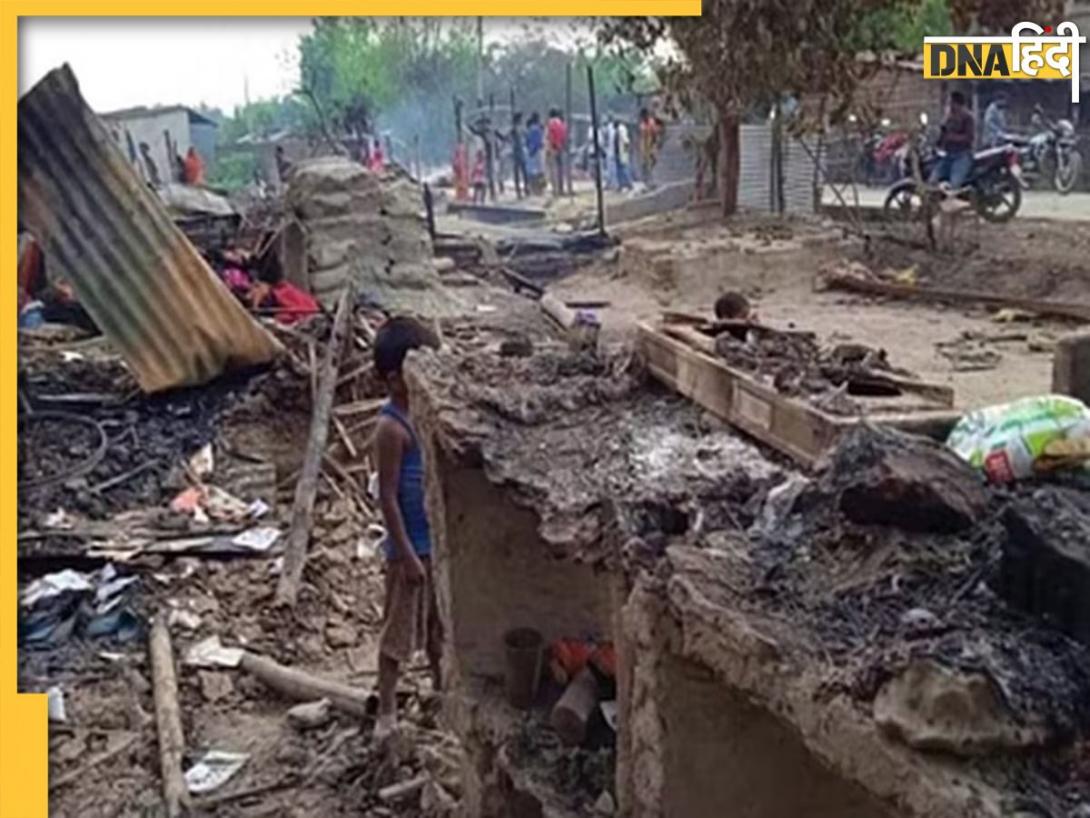

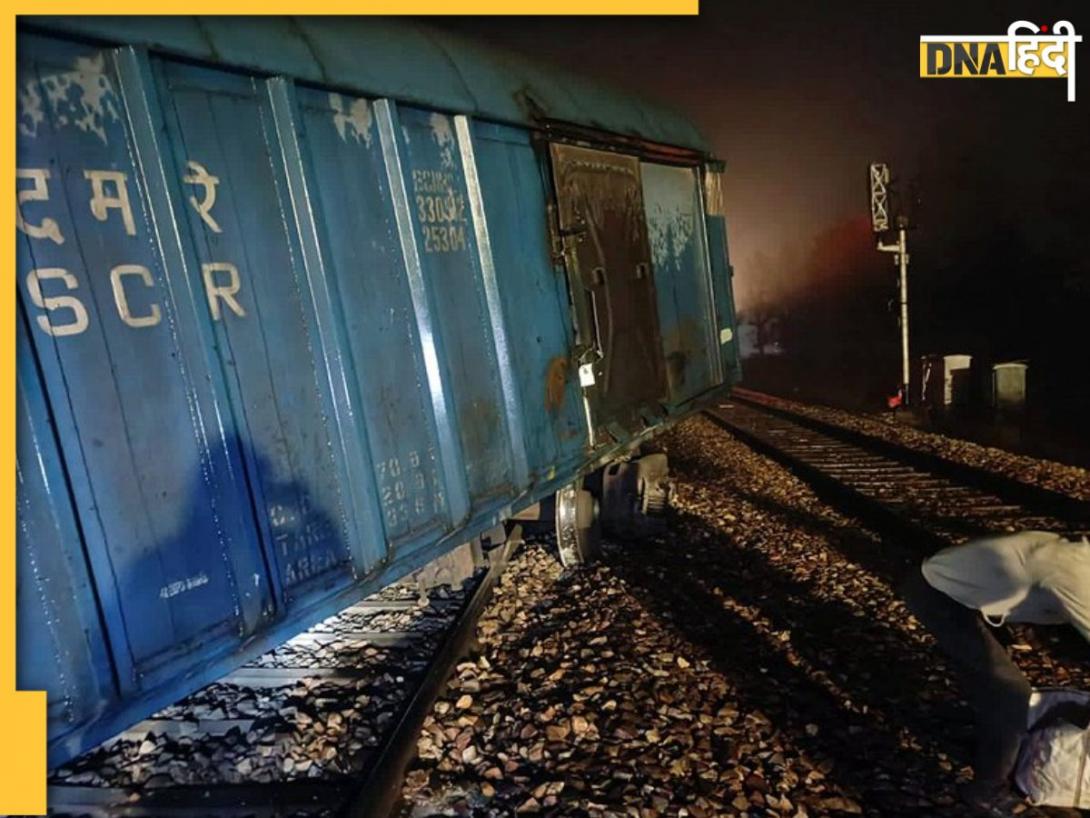
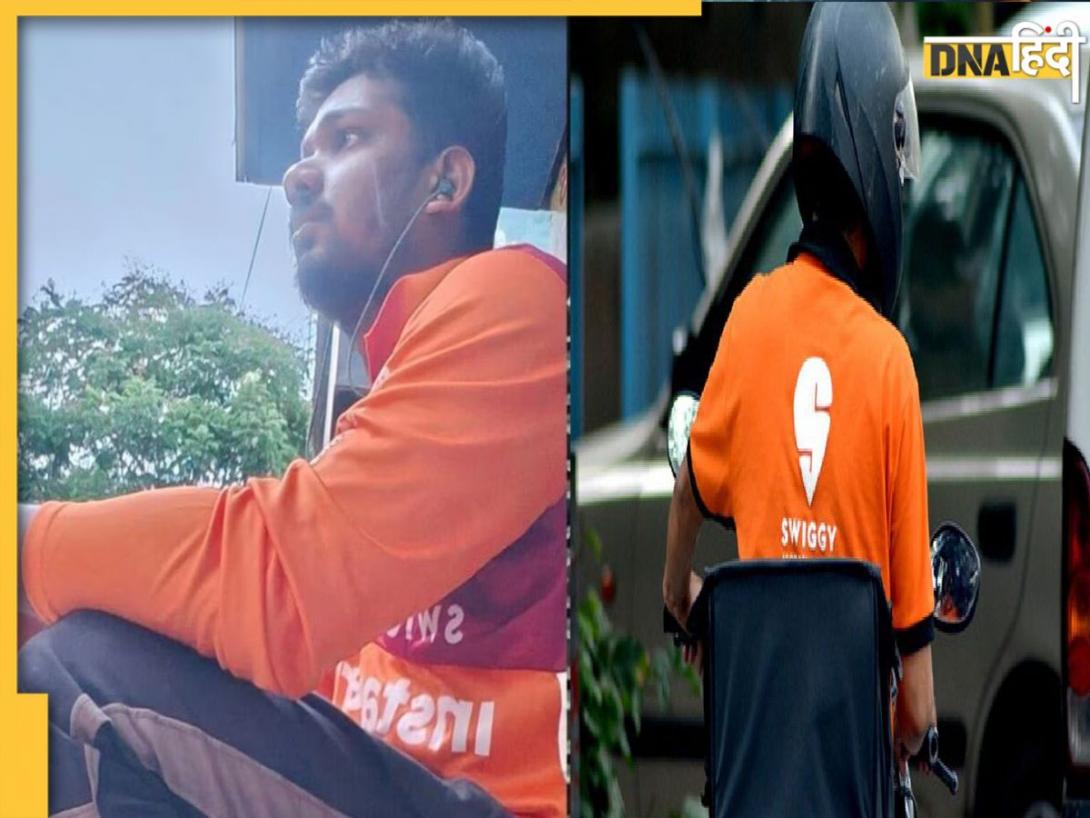






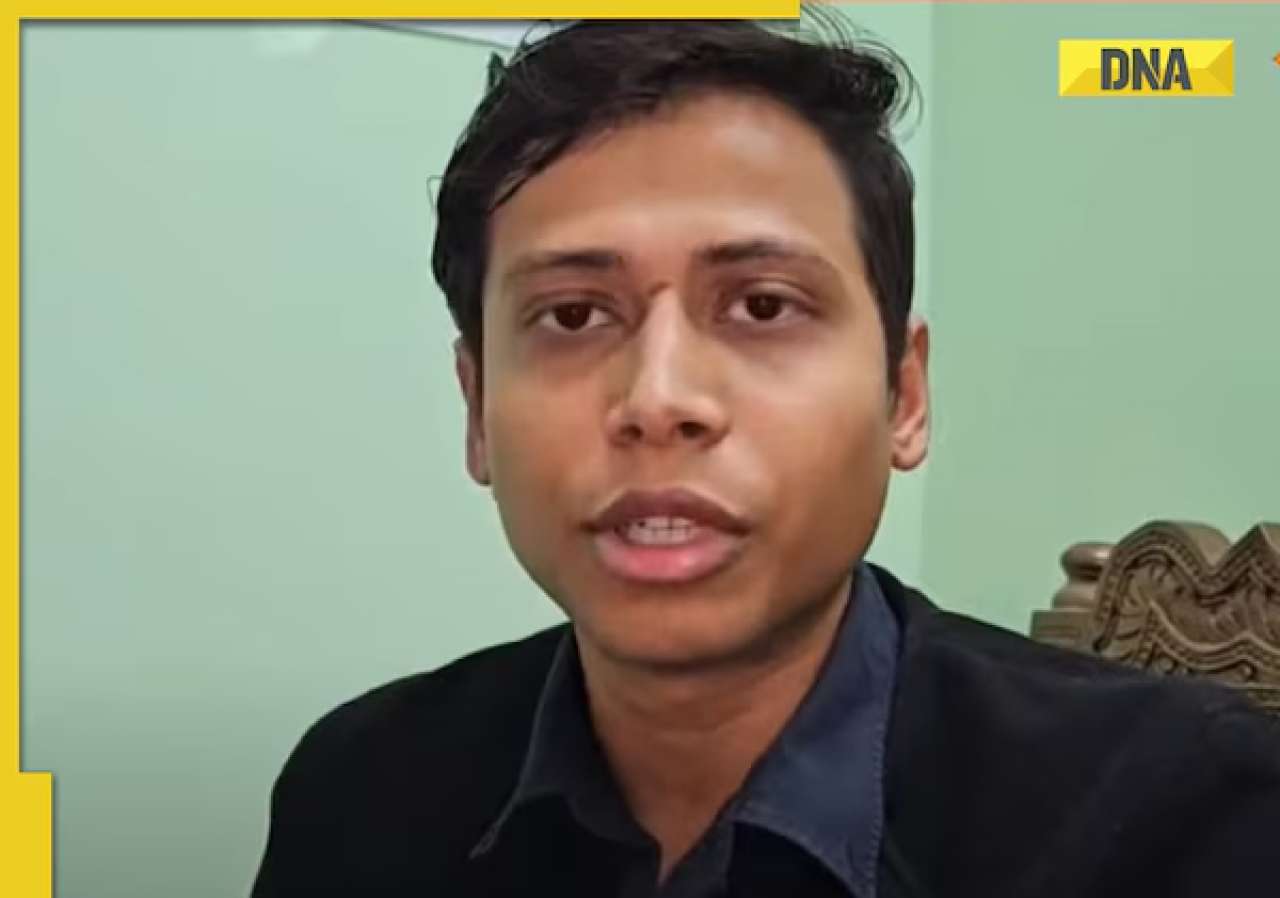
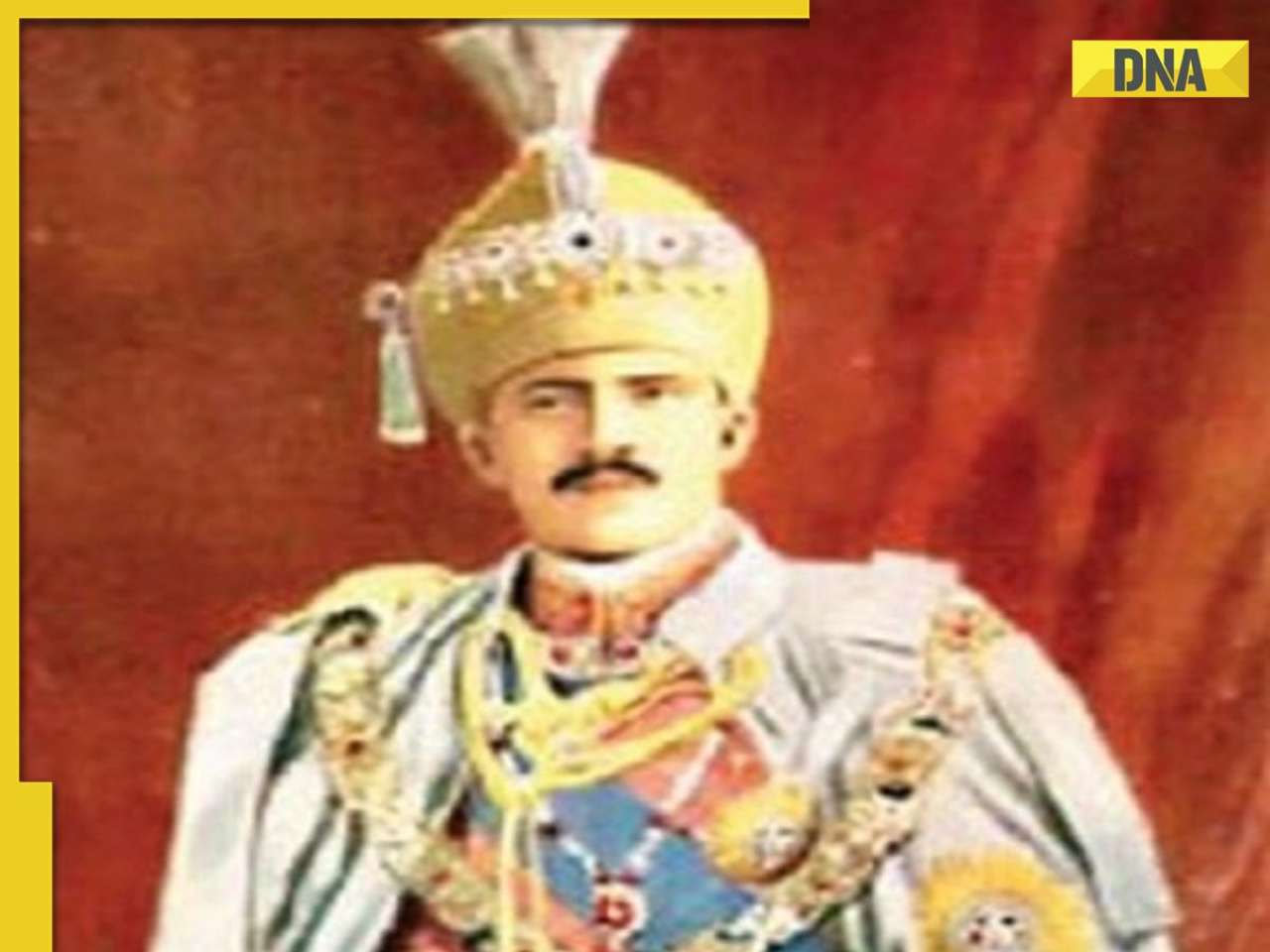


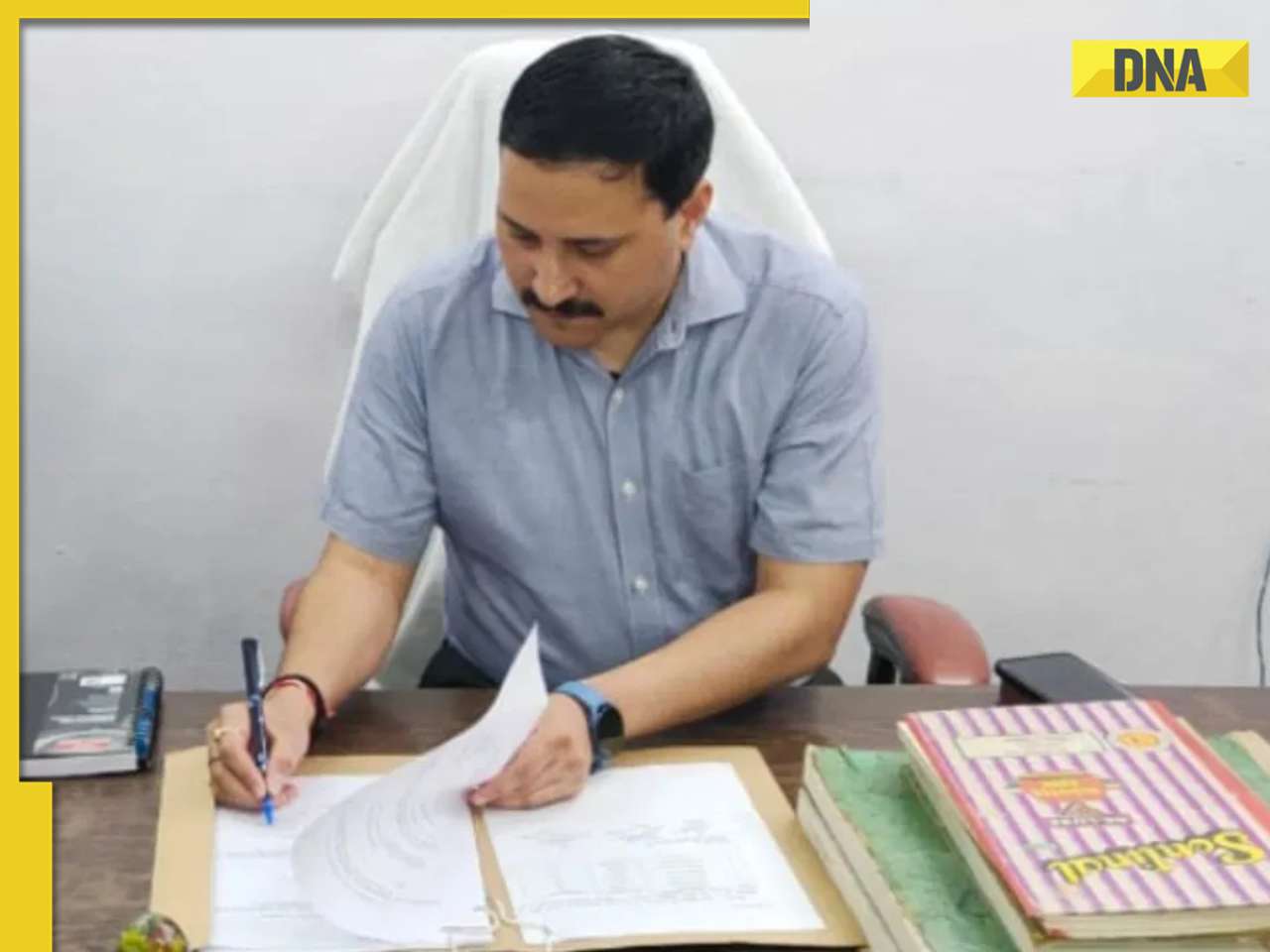








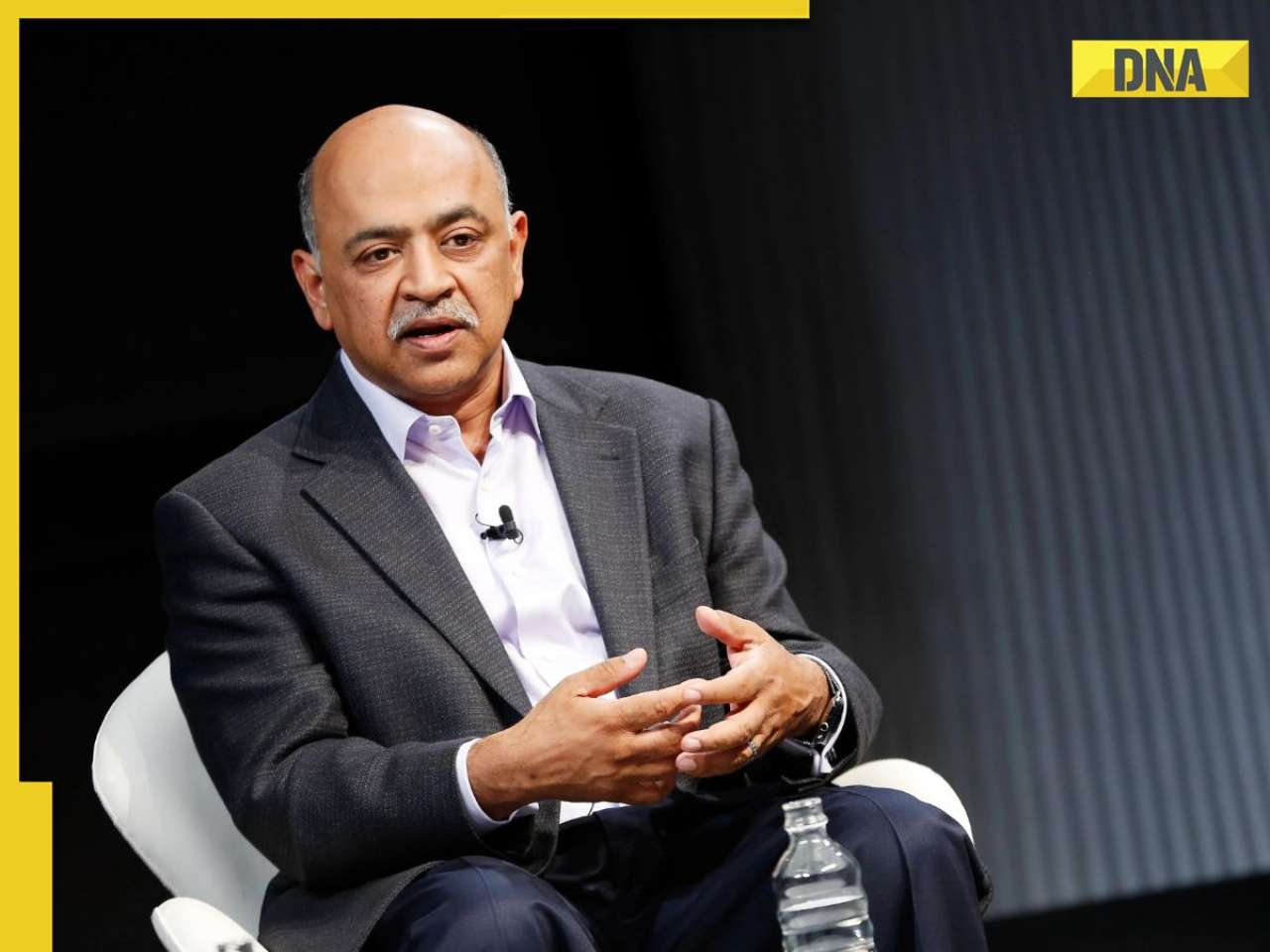

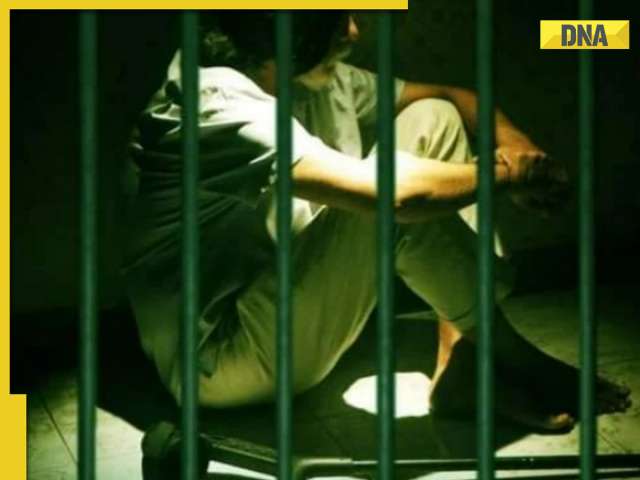




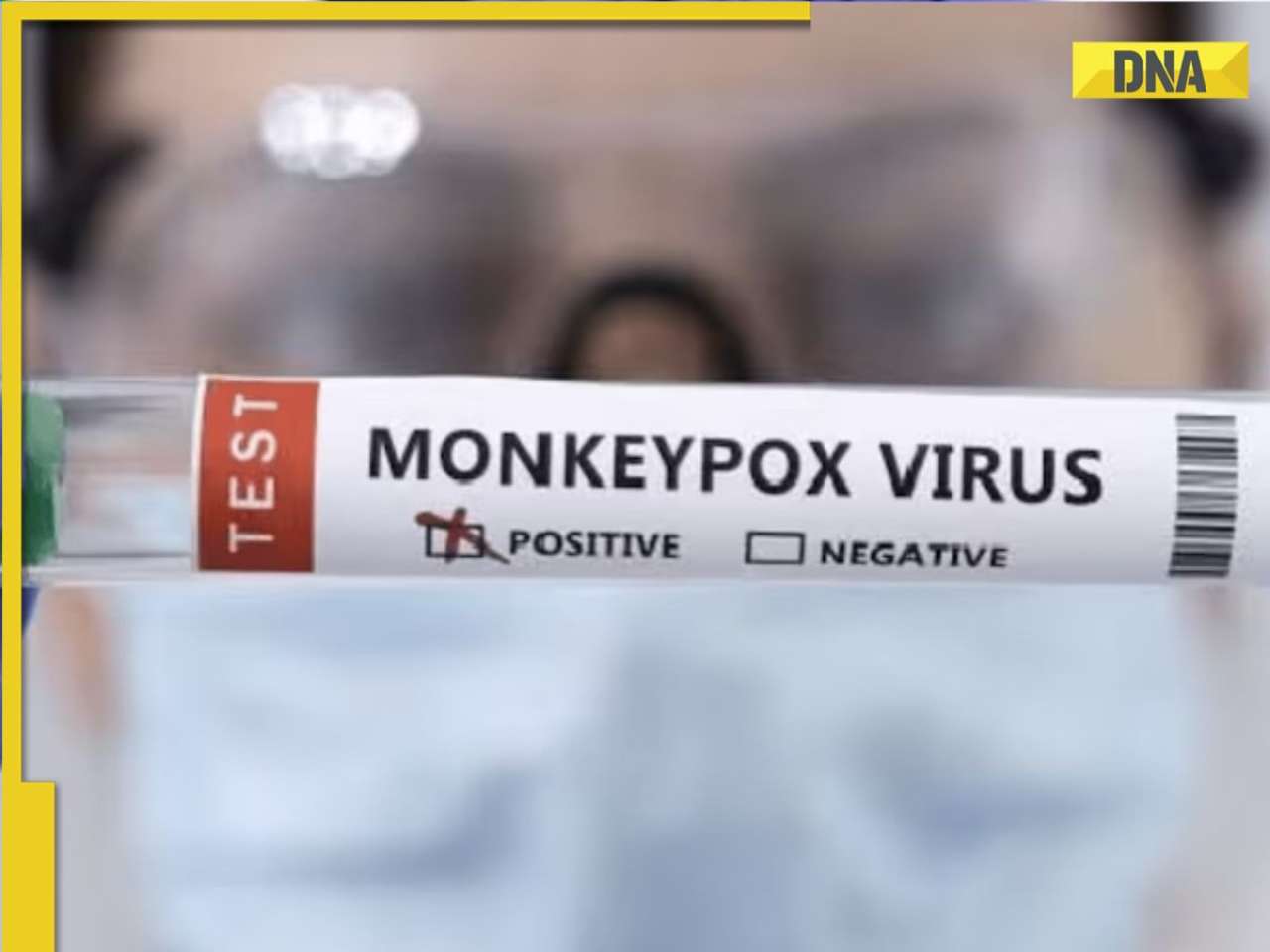

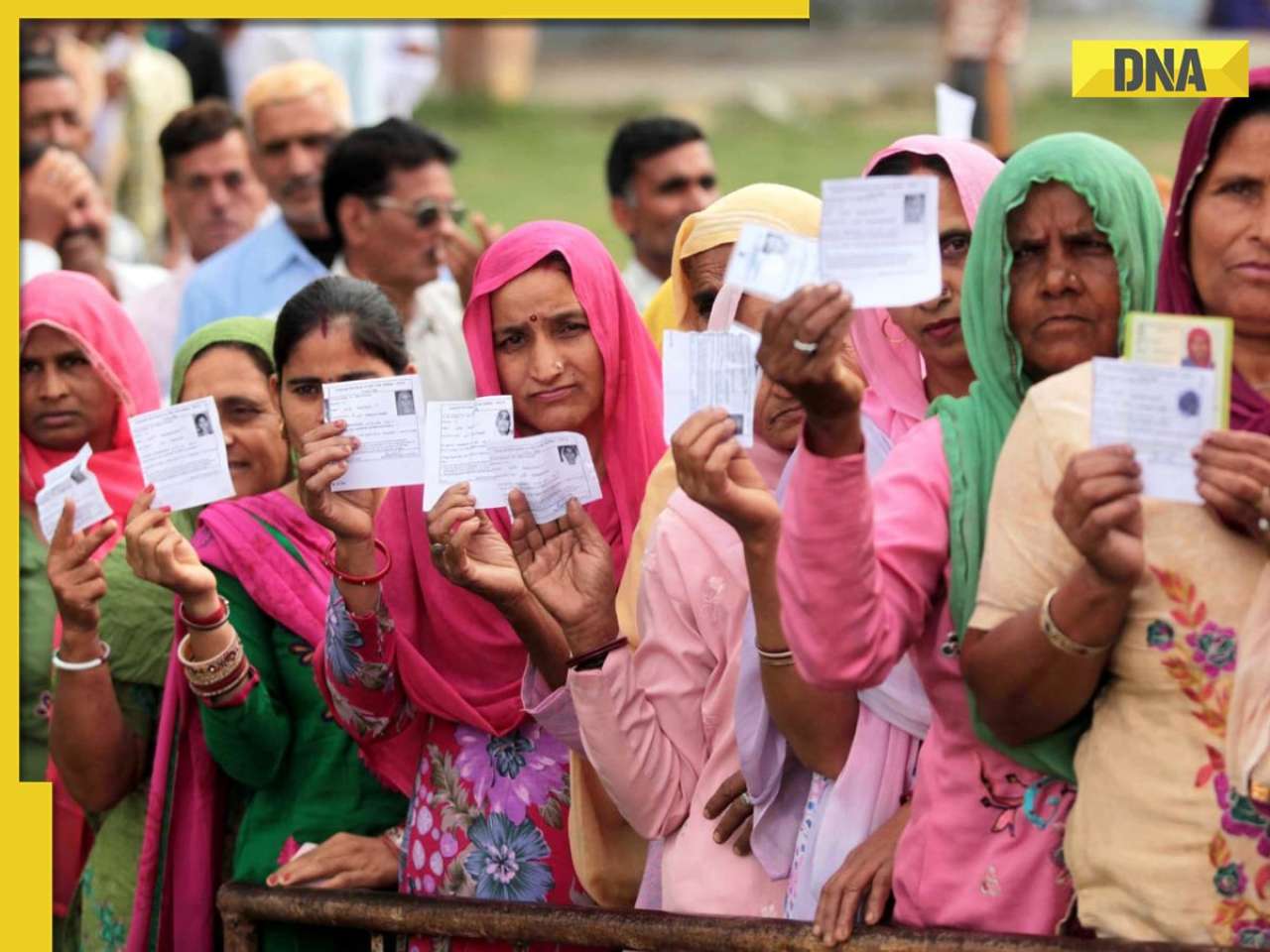




)
)
)
)
)
)
)
)
)
)
)
)
)
)





)
)
)
)
)
)